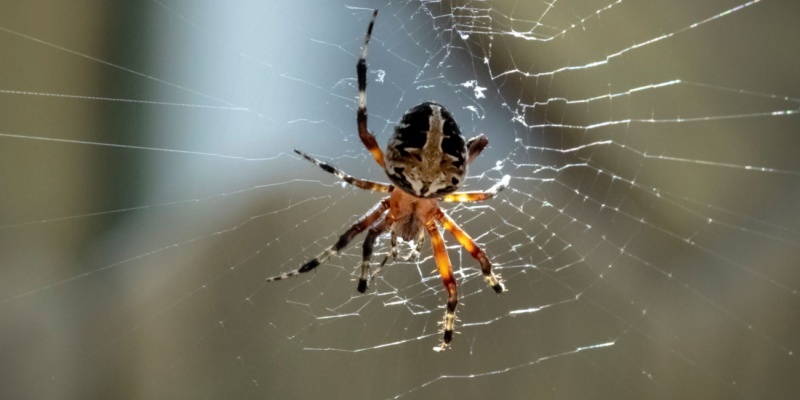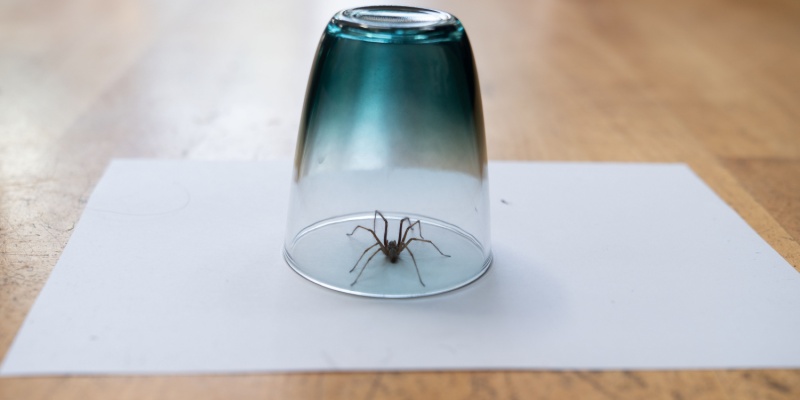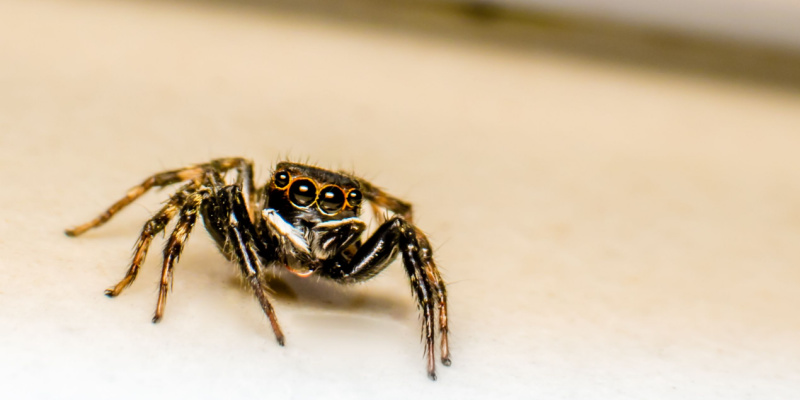Getting rid of a spider problem in your home involves a combination of direct removal tactics, preventive measures, and, if necessary, professional intervention. Here’s a step-by-step guide to help you manage a spider infestation:
1. Identify the Problem
First, try to identify the type of spiders you’re dealing with. This can help determine whether they’re likely to be harmful or harmless. Most spiders are benign, but identifying them can help tailor the removal approach more effectively.
2. Remove Existing Spiders
- Vacuuming: Regularly vacuum high-traffic areas, corners of rooms, under furniture, and other secluded spots where spiders may build webs. Make sure to empty the vacuum bag immediately to prevent any captured spiders from escaping.
- Web Removal: Use a broom or a web duster to regularly clear away webs. This not only removes homes for spiders but also discourages them from returning.
- Direct Capture: If you’re comfortable, gently capture spiders and release them outside. You can use a glass and a piece of paper to trap the spider, slide the paper under the glass, and then carry it outside.
3. Prevent Future Infestations
- Seal Entrances: Check for gaps around windows, doors, and foundations. Seal these points to prevent spiders and other insects from entering. Use caulk for small gaps and weather stripping for doors and window frames.
- Control Food Sources: Spiders come indoors mostly in search of food. If you have a lot of other insects in your home, spiders will follow. Keeping your home free of pests will reduce its attractiveness to spiders.
- Reduce Clutter: Avoid accumulation of clutter or storage boxes where spiders can hide. Keep areas under beds, closets, basements, garages, and attics clear and well-organized.
- Use Appropriate Lighting: Insects (and the spiders that feed on them) are attracted to standard incandescent bulbs. Outside your home, use yellow sodium vapor lights, which are less attractive to insects and, by extension, spiders.
- Maintain Landscaping: Trim vegetation away from the exterior of your home. Keep grass mowed, and remove piles of wood or debris, which can serve as ideal habitats for spiders and the insects they prey on.
4. Consider Natural Repellents
- Essential Oils: Spiders dislike the smell of peppermint, tea tree, citrus, and eucalyptus. Mix water with a few drops of one of these essential oils in a spray bottle, and apply it to areas where spiders frequent.
- Vinegar: Similarly, a mixture of water and vinegar can serve as a deterrent when sprayed around windowsills, doorways, and other entry points.
5. Use Chemical Treatments
If natural remedies and physical prevention strategies aren’t enough, you may consider using chemical treatments:
- Insecticide Sprays: Use sprays around the exterior of your home, focusing on foundations, windows, and doorways. It’s important to choose products that are safe for indoor use if you plan to treat indoor areas.
- Glue Traps: Place non-toxic glue traps in dark corners, under furniture, and in basements to catch wandering spiders.
6. Call Professional Pest Control
For persistent or large-scale spider infestations, especially if you suspect they are dangerous (like black widows or brown recluses), it may be best to contact a professional pest control service. A pro can provide more powerful treatments and customized strategies to ensure that your spider problem is handled safely and effectively.
By combining these methods, you can effectively reduce or eliminate a spider problem in your home. Regular maintenance and vigilance are key to keeping your space spider-free. If you need professional help dealing with a spider infestation in your home, reach out to Bug Baron Exterminator to set up a consultation.



